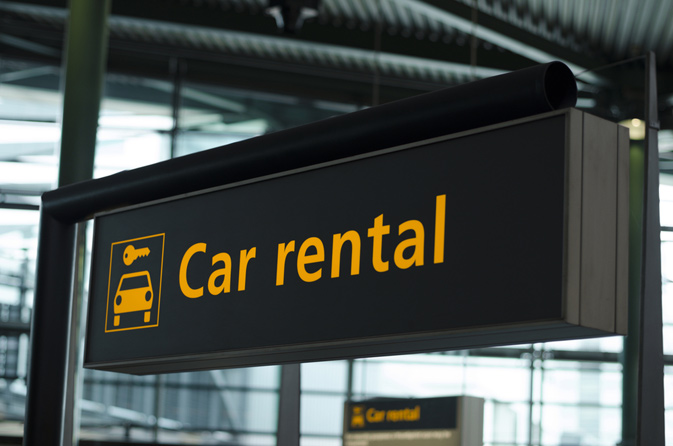TORONTO — After more than three years of volatility, car rental rates are expected to stabilize, growing at a slower rate than what the industry has seen during the pandemic years.
According to a new report by American Express Global Business Travel (Amex GBT), the car rental sector looks to be entering a new equilibrium. In most countries, prices will continue to rise but more slowly than we’ve seen recently. The auto production issues that have dogged the industry are now in retreat, and with car rentals stabilizing, consumers should face fewer challenges sourcing the cars they need.
Rental rates in Canada are projected to increase by +3.4% in the period ending March 2025, with Montreal, Toronto and Calgary possibly seeing moderately higher growth rates as a result of the higher costs associated with providing and staffing city car rental locations.
In the United States, the company is expecting average car rental rates to grow +2.5%. While 2023 was a record year for car rental revenues in North America, 2024 and 2025 may be less profitable, with economic growth forecast to see a slight decline and more cars readily available to rent as the auto supply pipeline opens up. This year’s forecast is a significant moderation from last year’s when it forecast that average prices for car rentals would increase by +5.0%.
“Ground transportation plays a crucial role in enabling businesses of all sizes, across many sectors, to operate efficiently, and is a key factor in the journey experience for travellers,” says Gerardo Tejado, Senior Vice President, Professional Services, Amex GBT.
Fuel prices are also expected to stabilize, with the World Bank forecasting oil prices to decline in 2024 and further moderate in 2025 due to weak global economic activity and increased supply from the U.S. and Russia. Cheaper oil should eventually mean lower fuel prices at the pump. But the report also warns geopolitical risks – and falls in refinery capacity – could push prices up again.
Also noteworthy, short-term Electric Vehicle (EV) rentals appear to be decelerating. In 2023, Hertz announced it was selling 20,000 EVs in the U.S., about one-third of its global EV fleet in a shift back to gas-powered cars. According to the report, one of the biggest barriers to drivers getting behind the wheel of an EV is concerns over the distance an EV can travel on a single charge.

